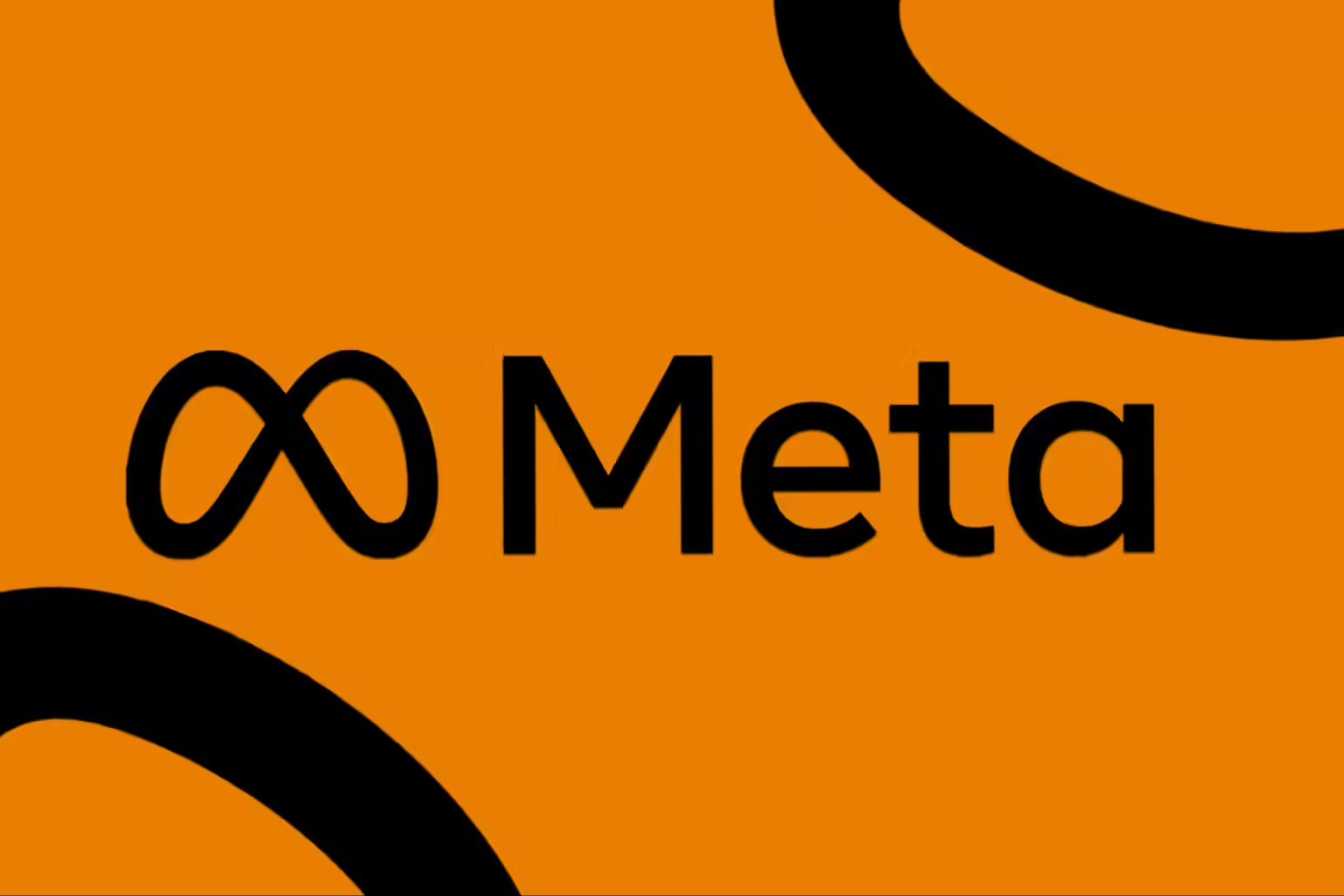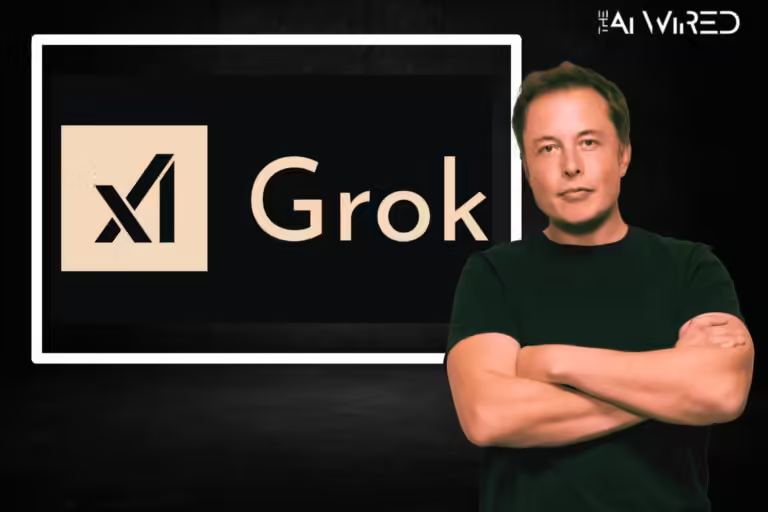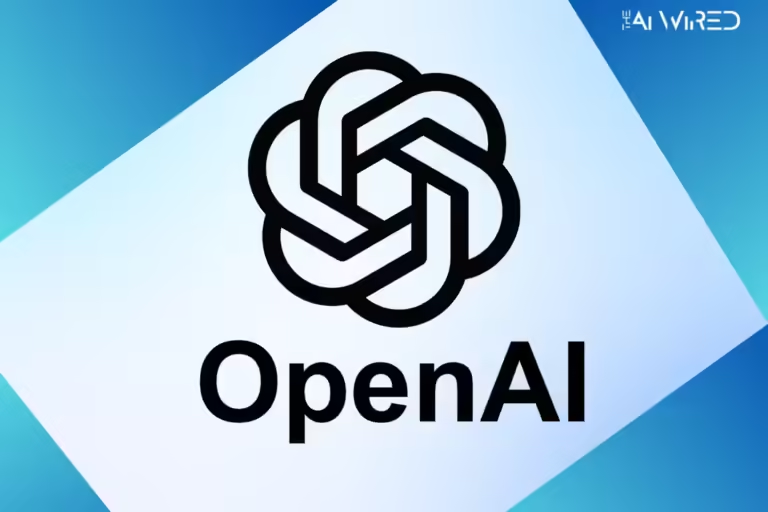
Meta AI Unveils Large Concept Models: A Breakthrough in AI Language Understanding
Meta AI’s Large Concept Models (LCMs) revolutionize language processing by moving beyond tokens to semantic concepts. Powered by SONAR embedding and diffusion-based models, LCMs enhance efficiency, scalability, and multilingual adaptability.
Meta AI has introduced Large Concept Models (LCMs), marking a significant evolution in natural language processing. Unlike traditional token-based models that process text word by word, LCMs operate on abstract concepts, enabling AI to understand and generate language at a semantic level.
LCMs employ SONAR which is a high-dimension representation space that can capture meaning beyond just the words. There are no constraints on the kind of language and communication method used in this place because it recognizes over 200 languages and formats of data, including speech and textual. LCMs are better at difficult language tasks since they do not have to worry about the word forms as much.
Meta AI’s approach integrates concept encoders and decoders that map sentences or utterances into SONAR’s space and decode them back into natural language or other modalities. This modular design allows easy adaptation to new languages and data types without retraining the entire system, enhancing scalability.
These diffusion-based models enable LCMs to create content by predicting embeddings rather than tokens. Two architectures were explored: two models with the same tower one for encoding and cleaning the context and another for denoising and the multi-tower model, a more effective model, which has separate towers for different tasks. This shift lessens the task of extensive understanding from the computational point of view.
The models trained with LCMs showed great robustness in zero-shot transfer, performing well on the unseen languages and tasks without retraining. In multilingual summarization, they outperformed baseline models and brought improvements like extended summary generation, The model demonstrated coherence and effectiveness in their outputs.
LCMs also proved more efficient than traditional models by processing shorter sequences with improved accuracy. By mirroring human reasoning with a hierarchical structure, these models ensure coherence in long-form content and enable localized edits without disrupting the broader context.
Meta AI’s Large Concept Models are poised to redefine AI’s capabilities in communication, addressing the limitations of token-based systems. With their innovative architecture and adaptability, LCMs set a new standard for NLP, promising scalable and efficient solutions for diverse language and multimodal challenges.


